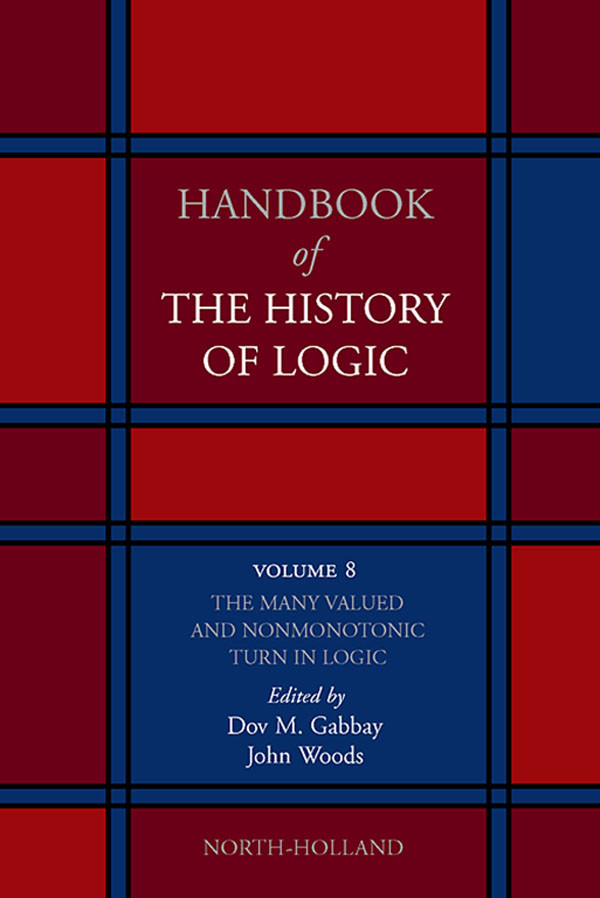

Most ebook files are in PDF format, so you can easily read them using various software such as Foxit Reader or directly on the Google Chrome browser.
Some ebook files are released by publishers in other formats such as .awz, .mobi, .epub, .fb2, etc. You may need to install specific software to read these formats on mobile/PC, such as Calibre.
Please read the tutorial at this link: https://ebookbell.com/faq
We offer FREE conversion to the popular formats you request; however, this may take some time. Therefore, right after payment, please email us, and we will try to provide the service as quickly as possible.
For some exceptional file formats or broken links (if any), please refrain from opening any disputes. Instead, email us first, and we will try to assist within a maximum of 6 hours.
EbookBell Team

5.0
60 reviewsThe present volume of the Handbook of the History of Logic brings together two of the most important developments in 20th century non-classical logic. These are many-valuedness and non-monotonicity. On the one approach, in deference to vagueness, temporal or quantum indeterminacy or reference-failure, sentences that are classically non-bivalent are allowed as inputs and outputs to consequence relations. Many-valued, dialetheic, fuzzy and quantum logics are, among other things, principled attempts to regulate the flow-through of sentences that are neither true nor false. On the second, or non-monotonic, approach, constraints are placed on inputs (and sometimes on outputs) of a classical consequence relation, with a view to producing a notion of consequence that serves in a more realistic way the requirements of real-life inference.
Many-valued logics produce an interesting problem. Non-bivalent inputs produce classically valid consequence statements, for any choice of outputs....